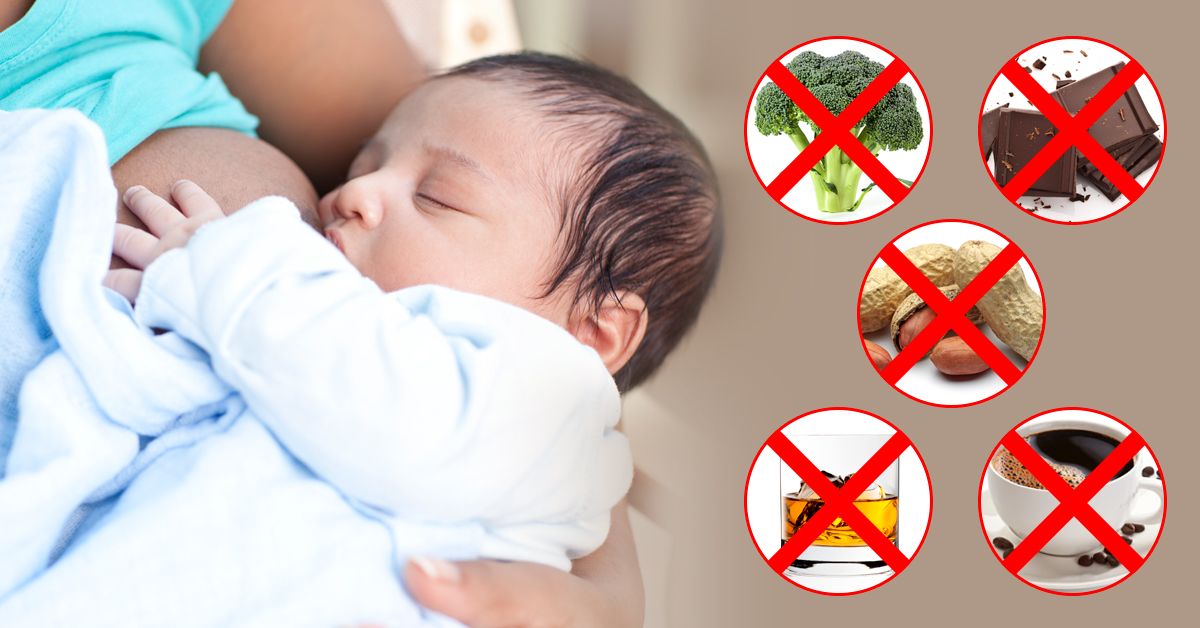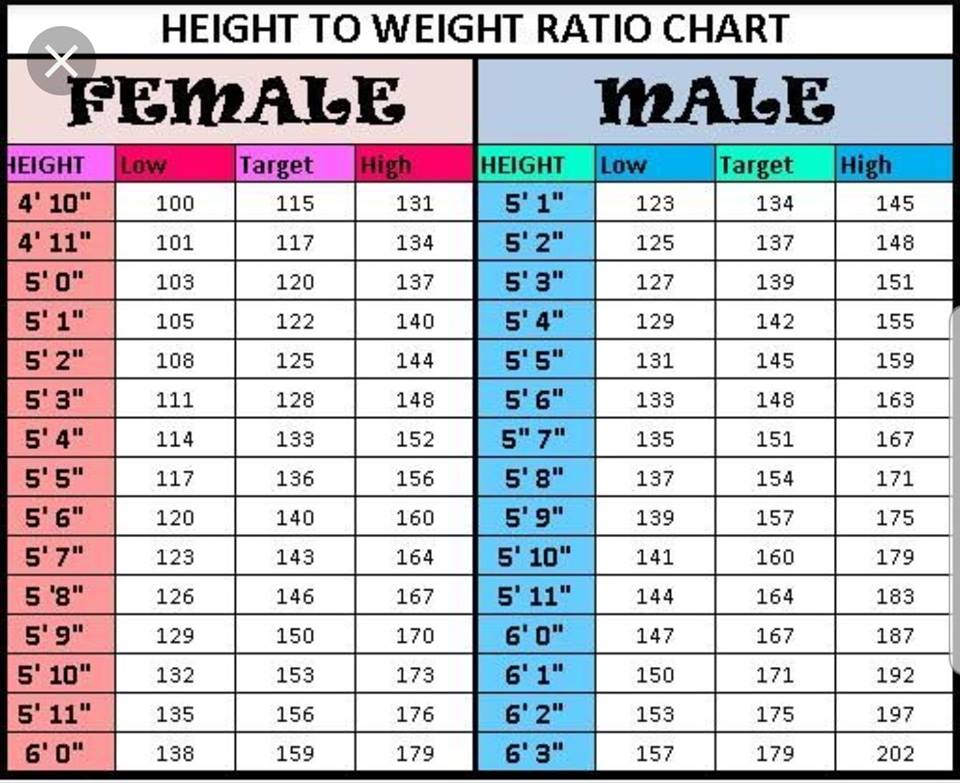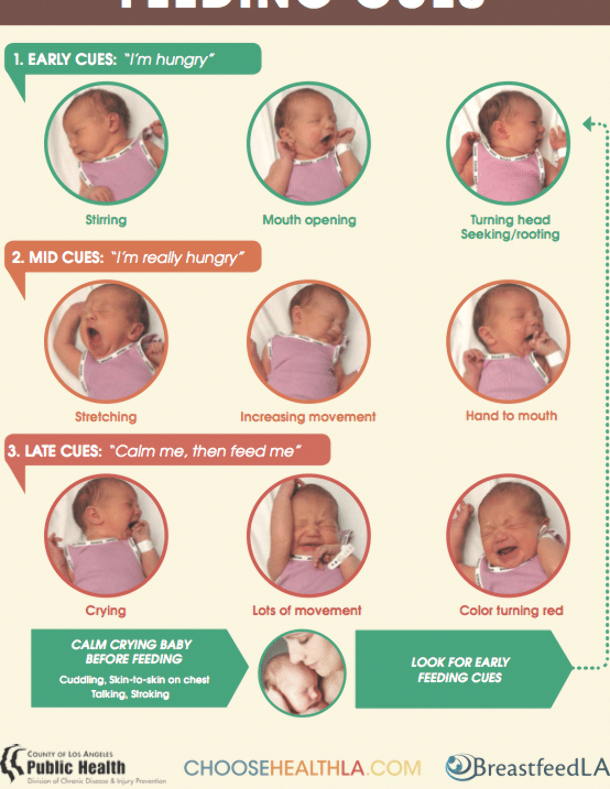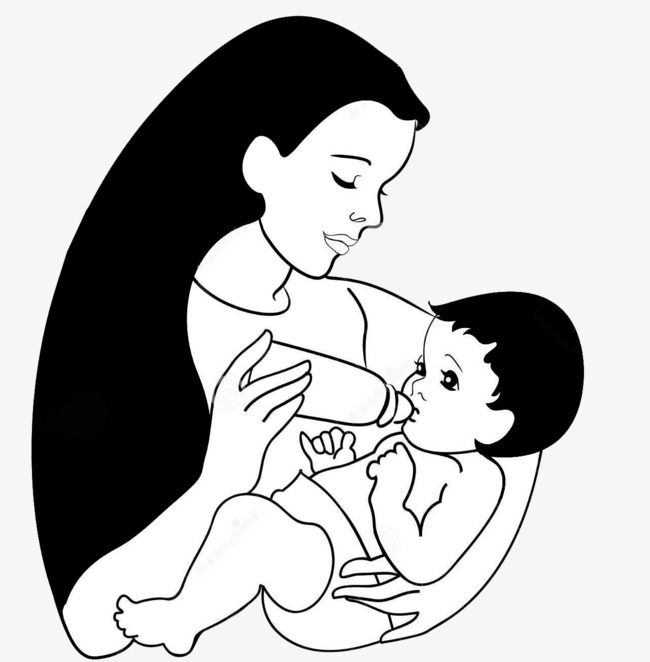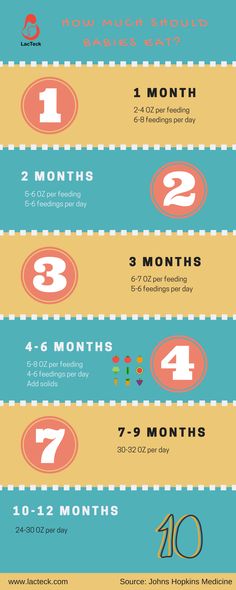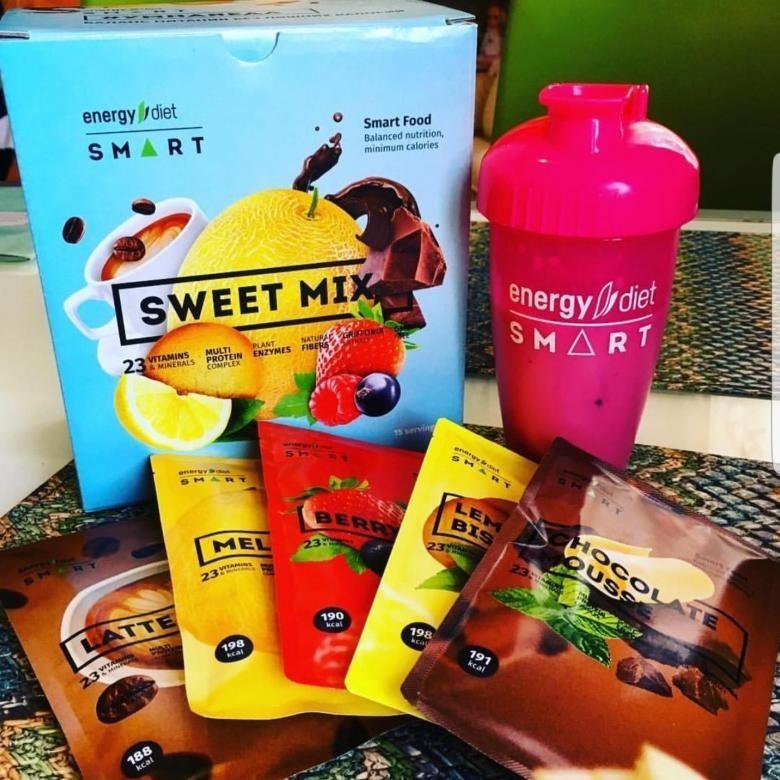Foods to avoid when breastfeeding gassy baby
What You Can Do To Help Your Gassy Breastfed Baby
What are some common culprits behind your baby's gassiness? Learn the signs, foods that may cause gassiness in your baby, and how to soothe and relieve his or her symptoms.
Share this content
As a new parent, it can be stressful and upsetting to see and hear your baby cry. That’s especially true if you've checked off all the usual suspects— dirty diaper, empty belly, discomfort, or over-tiredness —and you still can’t seem to soothe your little one.
Gas is something that many newborns experience, and it can be painful for them! It isn't always the first thing that parents remember to consider, since it's not something easily visible.
Signs Your Breastfed Baby is Gassy
If you suspect excess gas could be the culprit causing your baby’s fussiness, there are several signs that may indicate you are correct:
- Burping. It’s possible your baby has swallowed too much air while nursing or crying for a long period.
- Spitting up. While spitting up is perfectly normal, gas that’s trapped in the stomach can push breast milk back up and cause your baby to spit up.
- Bloated tummy. This could be a sign that gas has built up in your baby’s stomach.
- Flatulence. Every baby toots, but if they’re doing so excessively, it could mean they have excess gas.
- Arched back, legs drawn toward the tummy. The discomfort from gas pains will make a baby try to adjust to alleviate it.
Gassy Baby Causes
Gas in a breastfed baby is not uncommon and can be attributed to several factors:
- Gulping while feeding. If your milk let-down reflex is strong, your baby may gulp your milk to keep up and swallow extra air in the process. If that’s the case, your little one may do better nursing in a more upright position, so he or she has better control over milk intake and flow.
- Introducing a bottle.
 If your baby is used to the breast and you begin feeding with a bottle, it may take some getting used to at first. As a result, he or she may swallow too much air while eating.
If your baby is used to the breast and you begin feeding with a bottle, it may take some getting used to at first. As a result, he or she may swallow too much air while eating. - Constipation. When your baby is constipated, they may have gas trapped in their tummies that they’re having a hard time releasing.
- Crying. If your baby has been crying for a long time, they may be gulping in air in the process.
- Mom’s diet. Food that you’ve eaten can make your baby gassy as well. Certain foods such as dairy, soy or wheat may contribute to gassiness in your little one. Keep a food journal of what you eat to see if you can pinpoint the culprit in your diet.
Foods That Make Breastfed Babies Gassy
Though a baby’s gas is not commonly linked to mom’s diet, there are certain gas-inducing foods that could give both a breastfeeding mom and her baby gas. These include:
- Fiber. Foods like bran, beans, and whole grains.
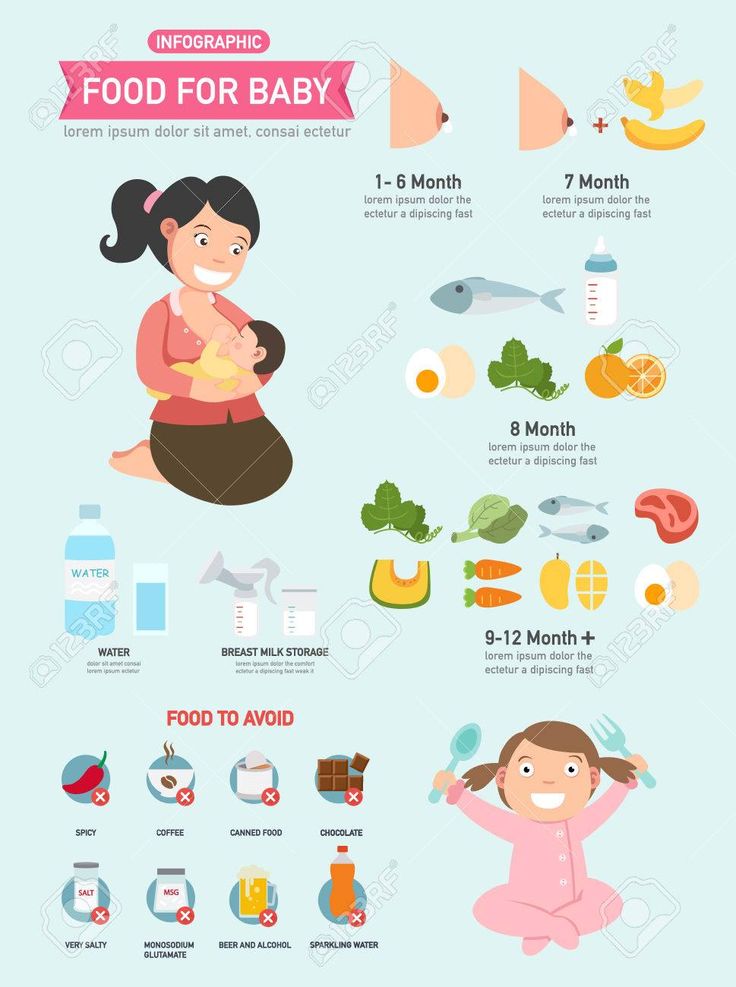
- Fruit. Citrus fruits, prunes, plums, peaches, or apricots.
- Vegetables. Broccoli, cabbage, and Brussel sprouts.
- Garlic. Garlic-seasoned foods like pasta dishes or garlic bread.
- Dairy. Yogurt, ice cream, or milk products.
- Carbonated beverages. If they make you burp, they could make your baby gassy too.
It’s not necessary to give up all your favorite foods when pregnant and/or breastfeeding. Health experts recommend only making dietary changes if you see a direct connection between something you’ve eaten and your baby's gassiness.
Additionally, if you’re still breastfeeding after your little one begins solids or finger foods, it’s easier to detect what food might be the culprit and then eliminate it.
Relieving Gassy Babies
There are several effective ways to help relieve your baby’s gas pains and soothe them. Try a combination of these to find what works best for your little one.
- Burp twice. Try to coax two burps out of your baby instead of just one.
- Sit upright. Hold your baby in an upright position while burping. This makes it easier to expel gas.
- Tummy time. Laying your baby on their tummy will help to push gas out.
- Bicycle exercises. Put your baby on his or her back and move their legs in a pedaling motion, similar to cycling on a bike. This helps with constipation as well.
- Massage the tummy. A gentle massage can help move gas out.
- Adjust baby’s latch. Make sure your baby is latching correctly to avoid swallowing too much air.
Don't worry, mama - Gas is typically a normal occurrence and most babies experience gassiness from time to time! With some minor adjustments, you can soothe your little one and help them get through the discomfort of gas.
Foods to Eat or Avoid When Breastfeeding
Reviewed by Poonam Sachdev on June 26, 2022
It’s a good source of protein. Some, like salmon and tuna, also give you omega-3s, which your body needs. But what about mercury and other contaminants? You can have cooked seafood twice per week. Each serving can be up to 6 ounces, which is the size of two decks of cards. Choose types that are lower in mercury, such as salmon, tilapia, and trout. Avoid shark, swordfish, king mackerel, and tilefish, which have high levels of mercury.
Some, like salmon and tuna, also give you omega-3s, which your body needs. But what about mercury and other contaminants? You can have cooked seafood twice per week. Each serving can be up to 6 ounces, which is the size of two decks of cards. Choose types that are lower in mercury, such as salmon, tilapia, and trout. Avoid shark, swordfish, king mackerel, and tilefish, which have high levels of mercury.
Love hot sauce? Most babies can handle it and other fiery foods in your diet. But if your little one is gassy or colicky and gets diarrhea every time you sprinkle red pepper flakes over your pizza, cut back on the heat for a few weeks to see if that helps.
They’re full of flavor. But some herbs may affect how much milk your body makes. For instance, eating a lot of parsley could curb lactation. And too much sage and peppermint may cut your milk supply. For some nursing moms, even peppermint-flavored toothpaste and candies are a problem.
It’s rarely a problem. But see how your baby does. Tell your pediatrician if your tot gets skin problems, has trouble breathing after breastfeeding, or has other symptoms.
Tell your pediatrician if your tot gets skin problems, has trouble breathing after breastfeeding, or has other symptoms.
As refreshing as your cup of chai or Earl Grey may be, it has some downsides. It’s got caffeine, which can affect your sleep – and your baby’s. It may also make it harder for your body to absorb iron, which you need for energy. If you drink hot or iced tea, try not to sip it when you eat foods that are rich in iron, such as lean meat; dark, leafy greens; and fortified breakfast cereals.
What if you aren’t allergic, and you want to prevent your baby from developing an allergy? Sorry, but there’s no proof that you can do that by skipping specific foods. Cutting certain foods out of your diet may make the skin condition eczema less likely for your little one. Ask your doctor or pediatrician for advice.
Breastfeeding can make you thirstier than you usually are. If that’s the case, drink a glass of water every time you breastfeed. But no matter how parched you feel, don’t go for regular sodas or fruit drinks, which give you calories without nutrition.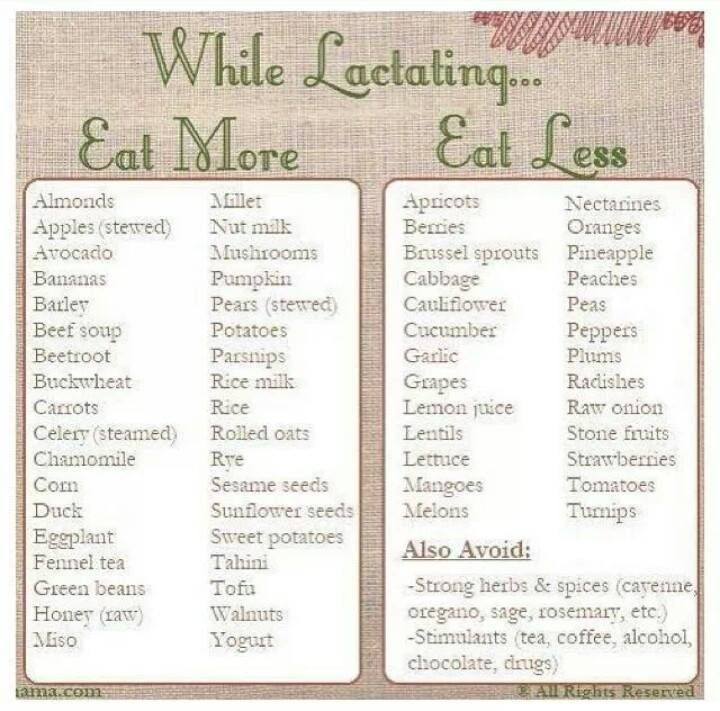
It's best for your baby if you don't have any booze at all. But if you do choose to drink, don’t breastfeed until the alcohol has completely cleared your milk. For 12 ounces of beer, 5 ounces of wine, or 1.5 ounces of liquor, wait at least 3 hours. Pumping doesn’t speed that up.
Common culprits include beans, broccoli, cabbage, and Brussels sprouts. Bloating, burping, and passing gas are normal. But if your baby is gassy or has colic, avoid these foods for a few weeks to see whether they relieve the symptoms.
Both have caffeine. You’ll also find it in energy drinks and cola. If you’re lost without your latte, limit yourself to 2-3 cups per day of the brewed kind. Or you could switch to decaf.
IMAGES PROVIDED BY:
1) Getty
2) Getty
3) Getty
4) Getty
5) Getty
6) Getty, iStock
7) Getty
8) Getty
9) Getty
10) Getty
SOURCES:
Mayo Clinic.
The Children's Hospital of Philadelphia.
La Leche League.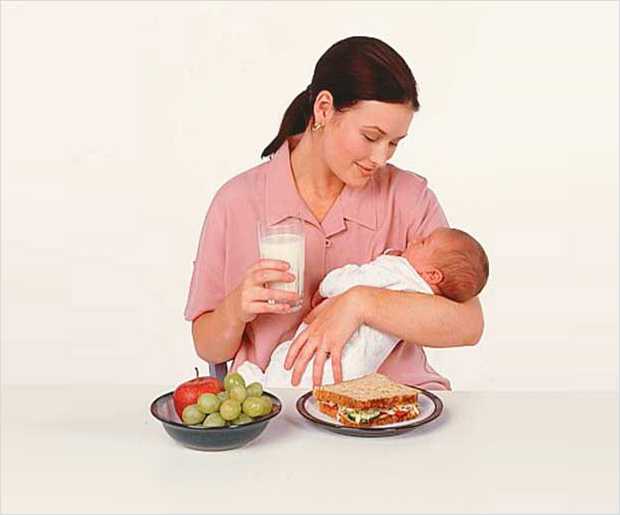
The American Academy of Pediatrics.
U.S. Department of Agriculture.
© 2022 WebMD, LLC. All rights reserved. View privacy policy and trust info
why a mother's diet should be balanced, what foods are not allowed, and which are possible with gv
Are there any nutritional restrictions for a nursing mother? Are there really forbidden foods that can cause allergies in a child?
The maternity hospital gave you a diet to follow while breastfeeding. How strictly should it be followed? Do I need to increase portions and drink more fluids to get a lot of milk? I also heard that some products, such as lemons, can spoil the taste of milk, and the child will refuse to breastfeed altogether. This is true? nine0003
Vika Vishnyakova
nutritionist
Author profile
The diet of a nursing mother is an old myth that still lives in some Russian maternity hospitals and children's clinics.
The more varied the mother's diet during breastfeeding, the more health bonuses both she and her baby will receive.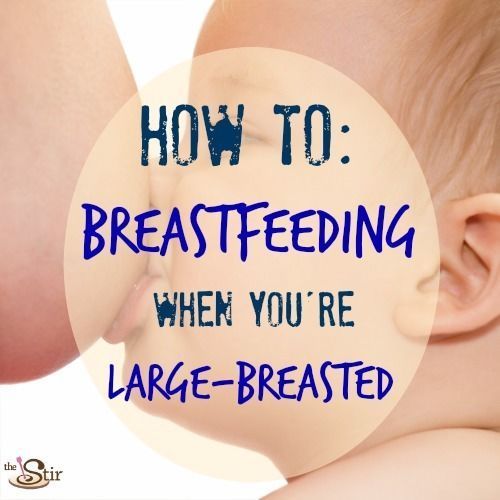 Most likely, with a balanced and varied diet, your weight will return to pre-pregnancy, but even if this has not happened yet, the breastfeeding period is not the best time to lose weight. You need to provide yourself and your baby with the proper level of nutrients, and this is difficult to do on rigid diets. nine0003
Most likely, with a balanced and varied diet, your weight will return to pre-pregnancy, but even if this has not happened yet, the breastfeeding period is not the best time to lose weight. You need to provide yourself and your baby with the proper level of nutrients, and this is difficult to do on rigid diets. nine0003
However, there are still foods that you should stay away from. I'll tell you more about everything.
What the science says about nutrition during breastfeeding
The diet of a nursing mother appeared at a time when knowledge about the nature of allergies was not enough. Not fully understanding the whole mechanism of its appearance, doctors, just in case, postponed acquaintance with potential allergens until later. It was believed that by the age of three, the child's immune system would mature and be able to withstand the encounter with the allergen. nine0003
What to do? 08/13/20
What should I do if I suspect I have an allergy?
In reality, everything turned out differently: the earlier the child got acquainted with the potential allergen, the lower was the risk that he would develop an allergy.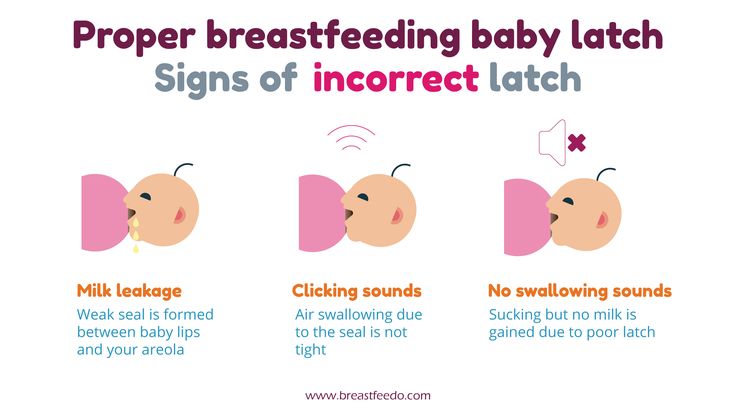 In modern recommendations for the diagnosis and treatment of food allergies in children, mothers are advised not to limit the diet, but to try to make it more varied.
In modern recommendations for the diagnosis and treatment of food allergies in children, mothers are advised not to limit the diet, but to try to make it more varied.
Guidelines for the Diagnosis and Management of Food Allergy in Children - KFAPDF, KB 361
This is the position of leading child health organizations: the best nutrition for a mother during breastfeeding is a balanced and varied diet.
Healthy Diet During Pregnancy and Breastfeeding - WHO European OfficePDF, KB 93
Breastfeeding Diet - US Centers for Disease Control and Prevention
all five food groups:
- Vegetables and fruits.
- Complex carbohydrates: cereals, bread, potatoes.
- Protein sources.
- Dairy products.
- Fats and oils.
And you also need to maintain diversity in each group. For example, eat vegetables and fruits of different colors, use not only meat, but also fish, eggs and legumes with nuts from protein sources.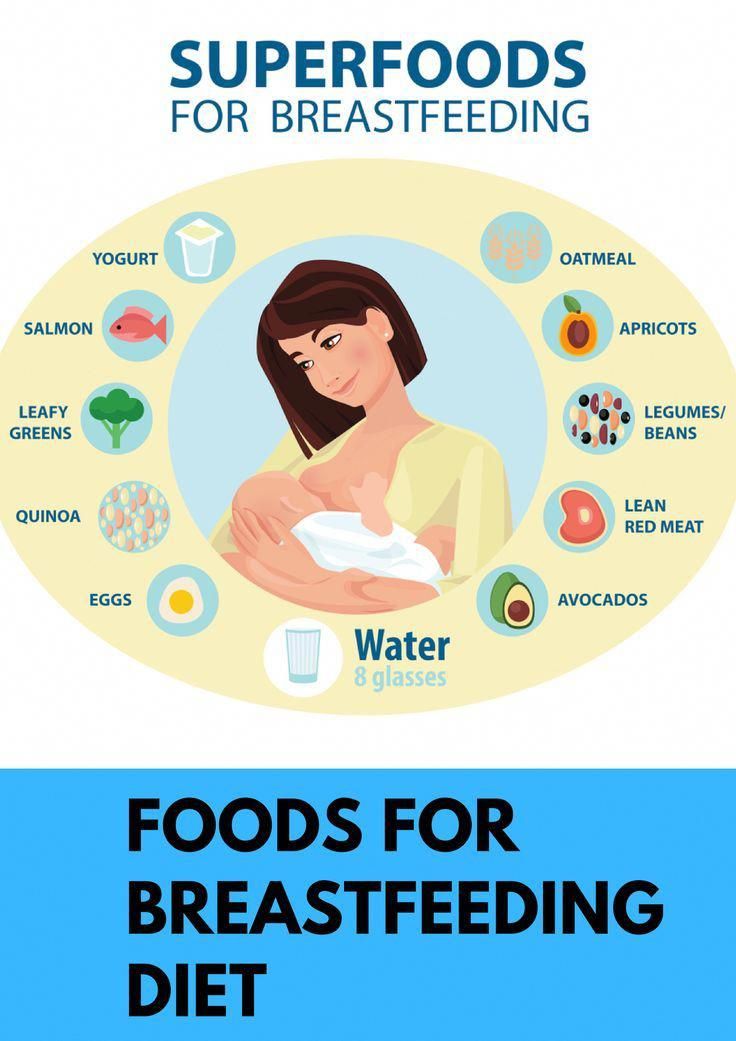
Breastfeeding Mom's Diet Advice - US Department of Health
And the ratio of animal to vegetable proteins should be approximately the same. Among complex carbohydrates, you should give preference to whole grains and also do not forget about diversity. It turns out that buckwheat and boiled turkey for breakfast, lunch and dinner every day is not a healthy diet option for mom. nine0003
Breastfeeding - European Community of Pediatrics, Gastroenterologists, Hepatologists and Nutritionists Commentary
Health Canada DietIf your diet is balanced and varied, do not take supplements or multivitamins, except for vitamin D. They are needed in rare cases when the diet of a nursing mother is poor or there are health problems. But the doctor should prescribe the composition and dosage of supplements during breastfeeding.
Your appetite will probably increase, this is normal. The US Centers for Disease Control and Prevention estimates that a breastfeeding mother may need up to 500 calories in excess of her usual calorie intake to ensure adequate milk supply. But those 500 calories should come from healthier food sources, not soda chips.
But those 500 calories should come from healthier food sources, not soda chips.
/guide/vitamins/
Vitamins: what foods contain and how to supplement
Why a balanced diet is important
Such a diet will help maintain the health of the mother and provide the necessary nutrients to the child. During breastfeeding, it is important to provide yourself with the proper amount of energy, protein, and some important micronutrients: iron, calcium, vitamin D, and folic acid.
These micronutrients may not be enough, because during pregnancy and the onset of breastfeeding, some of them are spent on the needs of the fetus, and then the baby. You can get these substances from dark green vegetables: spinach, broccoli, green beans, as well as dairy products, eggs, legumes, meat and fish. nine0003
/life/laktaciya/
How much does breastfeeding cost
If you refuse a large number of foods, it will be difficult to get all these essential nutrients, which can affect your physical condition and well-being, lead to a deficiency of important substances and drag along with you diseases .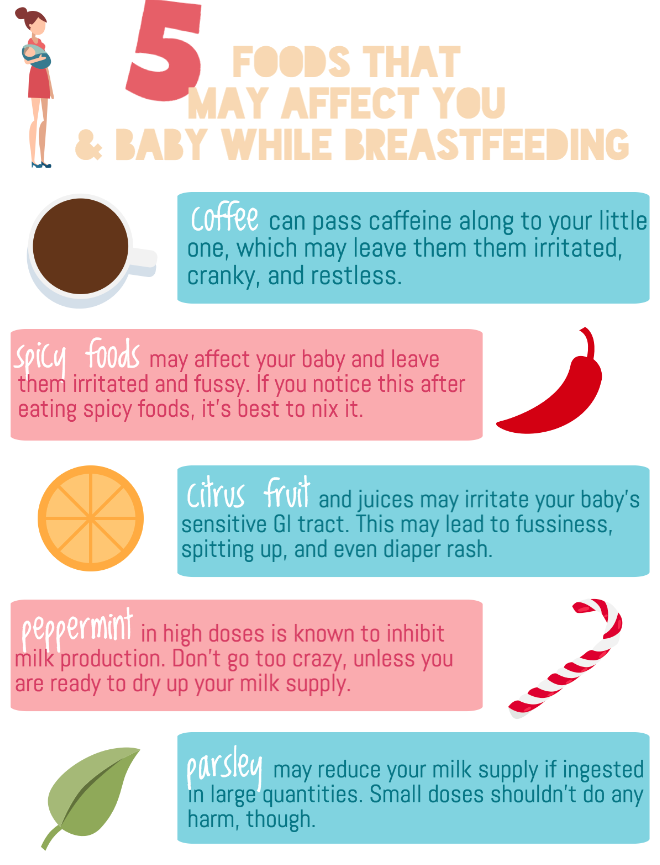 In addition, the child is more likely to follow the family's eating style as they grow older. The more varied and healthier your diet, the greater the chances of accustoming a child to it. nine0003
In addition, the child is more likely to follow the family's eating style as they grow older. The more varied and healthier your diet, the greater the chances of accustoming a child to it. nine0003
But unhealthy eating habits can lead to future weight gain and negatively affect food cravings. A study of 1,459 mother-baby pairs found that high body mass index and unhealthy eating habits were more common among children whose mothers followed the so-called Western style of eating, which is high in ultra-processed foods, high-calorie, sweet and fatty.
What not to be afraid of in the diet
Mothers often blame their diet on the baby's restless behavior or minor skin rashes. nine0003
The American Academy of Pediatrics states that only 2-3 out of 100 breastfeeding babies are allergic to any food in the mother's diet.
But by blaming everything on food, we mask the real problem or, conversely, overestimate the significance of some ordinary phenomena, such as newborn acne or prickly heat.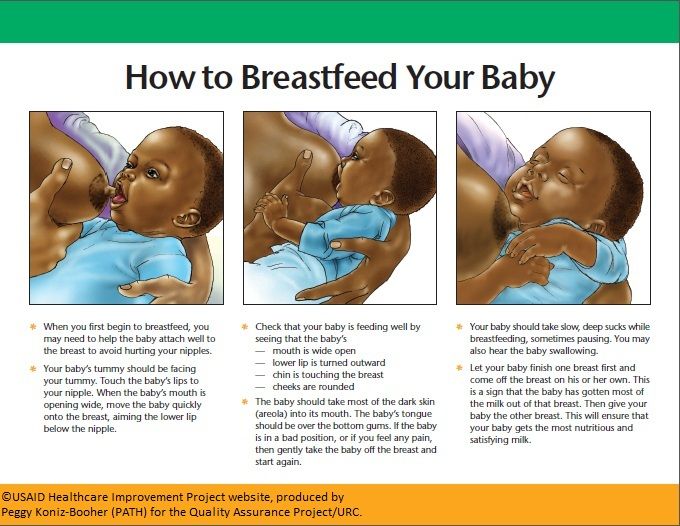 If in doubt what kind of rash it is, talk to a competent pediatrician. If the pediatrician suspects a connection between a child’s poor health and food, he will ask you to keep a food diary - this way there will be a potential culprit. nine0003
If in doubt what kind of rash it is, talk to a competent pediatrician. If the pediatrician suspects a connection between a child’s poor health and food, he will ask you to keep a food diary - this way there will be a potential culprit. nine0003
/colic/
How to help a newborn with colic
By eliminating this product for 1-2 weeks, you will either confirm the hypothesis or continue to look for another suspect. But you don’t need to immediately remove all products: this can lead to an imbalance in nutrition, fatigue, nervousness and poor health.
If a pediatrician forbids eating certain foods without complaints about the child's well-being, this is a reason to look for a second opinion. Here are the foods that pediatricians often ban. nine0003
Cow's milk. Those children who have a reaction to their mother's food most often have it on cow's milk: the baby may experience abdominal discomfort, colic, skin rash.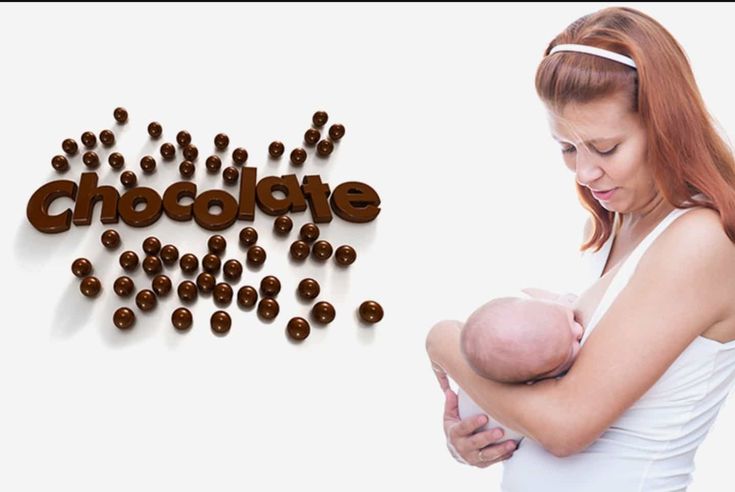
But excluding cow's milk in advance, just in case, will not lead to the prevention of allergies in a child. On the contrary, a 2021 Swedish study found that babies whose mothers drink relatively more cow's milk during breastfeeding have a lower risk of developing food allergies than those whose mothers drink little or no milk. The same is true for other potential allergens: if they are excluded, this will not help to avoid allergies in the future, but, on the contrary, will increase the risk of its occurrence. nine0003
No need to remove potential allergens from the diet
Valentina Suvorova
pediatric allergist-immunologist
There are foods that are potentially allergenic: milk, eggs, fish, peanuts, soy. To date, there is not enough scientific evidence to recommend that breastfeeding mothers restrict their diet. There are no differences in the prevalence of allergic diseases in the groups of nursing mothers who avoided milk, eggs and other allergens, and mothers who did not follow any diet.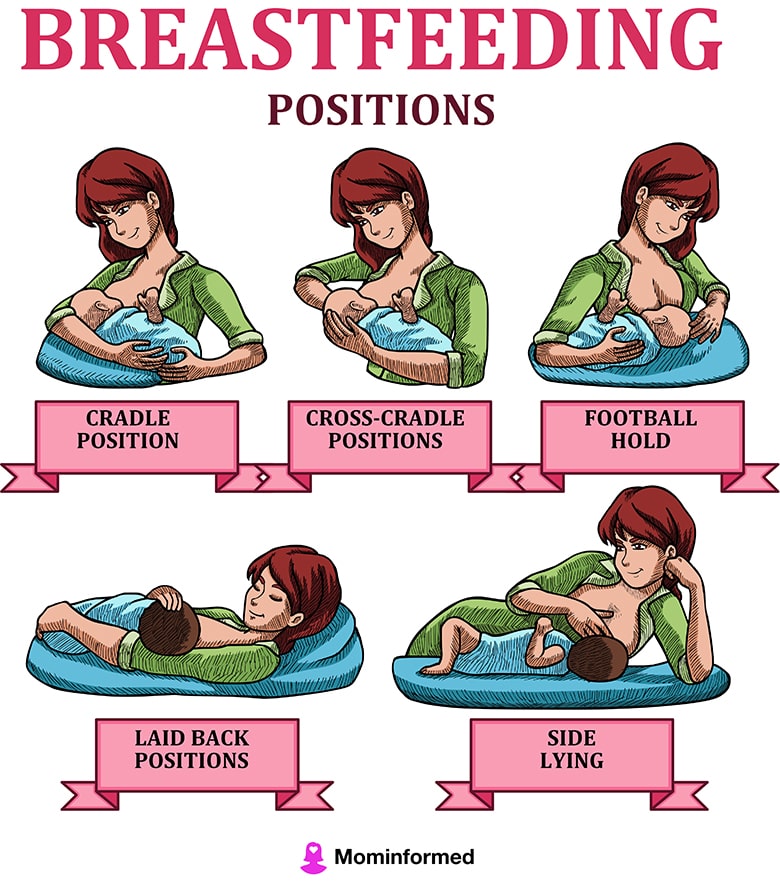 nine0003
nine0003
Fish. Separately, it should be said about fish: it is an important part of a balanced diet for any person, especially a nursing mother. Eating fish affects the proper development of the brain and nervous system of the child and reduces the risks of obesity, asthma and allergies in him at an older age.
Mom's fish intake and baby's cognitive development - MDPIPDF, 523KB
Omega-3s and reducing the risk of allergies in the unborn baby - PLOS Medicine
Two servings a week are enough to keep mother and baby healthy. One serving is your palm without fingers. nine0003
Limit swordfish, marlin, bigeye tuna, king mackerel or shark. This is due to the high risk of exceeding the permissible level of mercury in their meat. Such types of fish are rarely found in Russia, but if you live in another country or order them specially from afar, then show moderation. It is better to give preference to other options: salmon, herring, saury, cod.
Foods that give mom gas.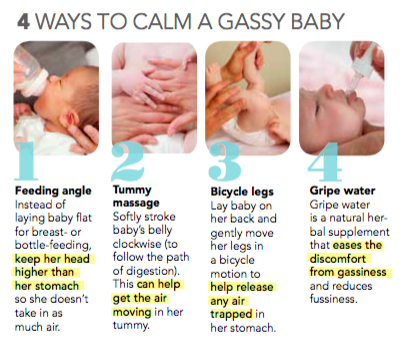 There is a myth that a mother and her baby have the same reaction to foods. In reality, gases from the gastrointestinal tract of the mother cannot enter the bloodstream and from there into breast milk, so the discomfort in the mother does not mean the obligatory colic in the baby. nine0003
There is a myth that a mother and her baby have the same reaction to foods. In reality, gases from the gastrointestinal tract of the mother cannot enter the bloodstream and from there into breast milk, so the discomfort in the mother does not mean the obligatory colic in the baby. nine0003
However, when food is digested, certain proteins enter the bloodstream and can then pass into mother's milk. Some children may be sensitive to protein and react to it with increased gas production and nervousness. The reaction can be to any product, even to buckwheat or a green apple, and you can find out with the help of a food diary.
How food passes into breast milk - La Leche Liga
Garlic, spices, spices may change the taste of breast milk, but this does not mean that they should be eliminated. The breastfeeding support association La Leche Liga believes that regular consumption of these products will help the child get used to the family diet before introducing complementary foods.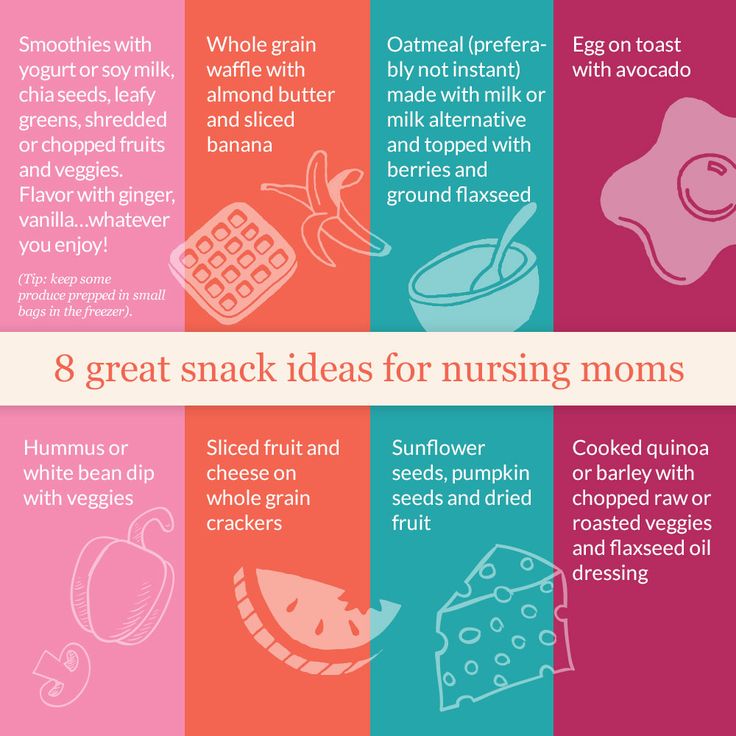 Babies begin to get used to these aromas even in the stomach, when they swallow amniotic fluid, so spices should not be ruled out during pregnancy. nine0003
Babies begin to get used to these aromas even in the stomach, when they swallow amniotic fluid, so spices should not be ruled out during pregnancy. nine0003
What should be limited in the diet
The probability that a child will feel bad from some product in your diet is small, but still there. Therefore, some products should be consumed in limited quantities, and some should be completely excluded for the GV period.
Alcohol. The safest option is not to drink alcohol during breastfeeding. The US Centers for Disease Control and Prevention believes that sometimes you can drink a glass of wine, but in the next 2 hours after drinking, you should not feed your child. Even without HB, there is no safe dose of alcohol, each glass is your personal choice and risk. And during breastfeeding, it is also a responsibility for the life and health of the baby. nine0003
Community 04.01.21
Is it true that wine is good for the heart and helps you live longer?
Thermally processed products of animal origin. These are fish, meat and eggs. If you eat them raw, you can become infected with dangerous bacteria: listeria, salmonella, or botulinum bacteria. They are not transmitted through breast milk, but are not safe for the mother herself - you will probably have to take antibiotics, and this may affect the preservation of breastfeeding. That is, it's not about the products, but about the cooking method: if you want a steak - do not deny yourself, but ask for a well-dan. nine0096 The same with sushi and slightly salted fish: take baked rolls or hot types of fish, and instead of poached eggs - normally boiled.
These are fish, meat and eggs. If you eat them raw, you can become infected with dangerous bacteria: listeria, salmonella, or botulinum bacteria. They are not transmitted through breast milk, but are not safe for the mother herself - you will probably have to take antibiotics, and this may affect the preservation of breastfeeding. That is, it's not about the products, but about the cooking method: if you want a steak - do not deny yourself, but ask for a well-dan. nine0096 The same with sushi and slightly salted fish: take baked rolls or hot types of fish, and instead of poached eggs - normally boiled.
Coffee. The recommended amount of caffeine is up to 300 mg per day. How many mugs it is depends on the method of preparation. A baby may have a reaction to coffee, as well as to any product, but this is an infrequent occurrence.
How much caffeine is in a cup of drink
| Drink | Amount of caffeine, mg | nine0169
|---|---|
| Instant coffee | 100 |
| Americano, cappuccino | 80-90 |
| Can of Coke, 330 ml | 40 |
| Green tea | 30-50 |
drink
The number of caffeine, mg
Soluble coffee
100,0002 Americano, cappuccino
80–9000
Coca-Cola bank, 330 ml 9 ml 9 ml
40
Green tea
30-50
What is the result
Breastfeeding diet is a myth.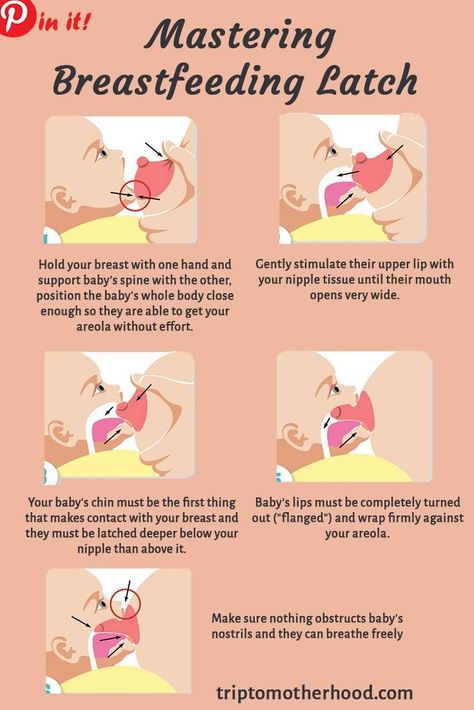 Mom's nutrition during breastfeeding should be balanced and varied.
Mom's nutrition during breastfeeding should be balanced and varied.
A potential allergen or food that a child has an intolerance to can be found in the food diary. Eliminating half of the diet just in case is not worth it.
A more varied mother's diet and exposure to potential allergens during breastfeeding is associated with a lower risk of future allergies in the baby. nine0003
/List/Pediatr-Deti/
11 Important questions to the pediatrician Sergei Butriy
What to do? Readers ask-experts answer
Set their question
90,000 foods of a nursing mother for constipation 9000Co-author, editor and medical expert - Klimovich Elina Valerievna.
Number of views: 53 328
Date last updated: 12/27/2022
Average read time: 7 minutes
Contents:
Nutrition should be varied and complete
What should be included in your diet?
Drink enough fluids
What to do if the child is allergic
What should be excluded from your diet?
Proper nutrition helps nursing mothers take care of the health and well-being of the child and recover faster after childbirth and avoid common problems that many women face.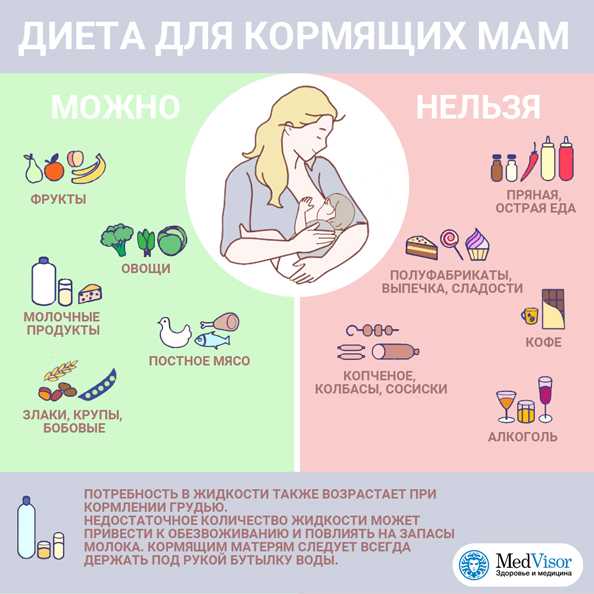 nine0003
nine0003
Nutrition for a breastfeeding mother should be varied and complete
One of the most common myths about breastfeeding is the need for a woman to follow a strict diet. Recently, being pregnant, she did not deny herself all sorts of goodies and useful things, and now, on the advice of doctors, relatives or friends, she already looks at every product with fear for fear of harming the child. Often, such a period for a young mother lasts long enough, leading to the development of anemia, constipation, and even psychological discomfort. nine0003
However, food allergies, which dieters constantly talk about, are connected not so much with the mother's diet, but with heredity and the nature of the child's feeding. Therefore, many women do not have to adhere to too strict rules.
A woman's diet during breastfeeding may not differ much from before. Pregnancy, childbirth and breastfeeding are natural physiological processes, the success of which does not always depend on diet. If we talk about nutrition in this case, then we should not talk about restrictions, but about recommendations. Undoubtedly, nutrition should be varied, complete and as natural as possible. However, this applies not only to the period of breastfeeding, but also to pregnancy. nine0003
If we talk about nutrition in this case, then we should not talk about restrictions, but about recommendations. Undoubtedly, nutrition should be varied, complete and as natural as possible. However, this applies not only to the period of breastfeeding, but also to pregnancy. nine0003
Top of page
What should be included in the diet of a breastfeeding mother?
Use:
- lean meat,
- eggs,
- fish,
- dairy products,
- various cereals,
- rice,
- buckwheat,
- potatoes,
- cauliflower,
- bread,
- cheese,
- greens,
- fruits and berries,
- muesli,
- juices.
In this case, it is necessary to carry out heat treatment of milk and dairy products. Whole cow's milk is desirable to alternate with fermented milk products. It is very important that the diet of a nursing woman contains a sufficient amount of dietary fiber . They stimulate intestinal motility, avoiding such a delicate problem of the postpartum period as constipation in a nursing mother. If it still cannot be solved, you can use a product approved for use during lactation - MICROLAX ® .* The micro enema works gently and after 5-15 minutes you can feel relief.
They stimulate intestinal motility, avoiding such a delicate problem of the postpartum period as constipation in a nursing mother. If it still cannot be solved, you can use a product approved for use during lactation - MICROLAX ® .* The micro enema works gently and after 5-15 minutes you can feel relief.
For a long time, breastfeeding mothers were advised to exclude from their diet foods that supposedly dramatically change the taste and smell of milk. They included sharp-smelling spices, onions and garlic, radish, celery, etc. But practice has shown that this is all fiction. They, of course, can affect the taste and smell of milk, but in no way on the baby's appetite and the frequency of attachment to the breast.
Another myth: a number of products can lead to the formation of intestinal colic in a child, bloating and disturbed stools. These traditionally include cabbage, legumes, strong tea, cocoa, milk, cream, black bread, cucumbers, spices, grapes, carbonated drinks.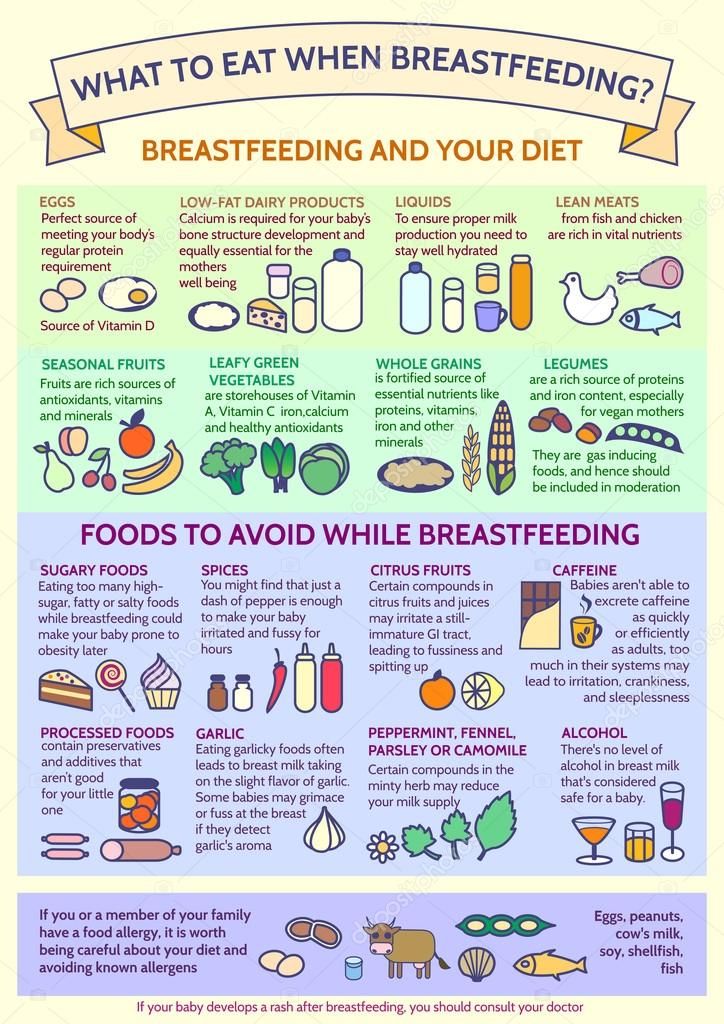 In fact, there is no direct relationship between the mother's diet and the composition of milk. Milk is synthesized from blood and lymph components, not stomach contents. And infantile colic is a frequent phenomenon, and rarely anyone manages to avoid them. nine0003
In fact, there is no direct relationship between the mother's diet and the composition of milk. Milk is synthesized from blood and lymph components, not stomach contents. And infantile colic is a frequent phenomenon, and rarely anyone manages to avoid them. nine0003
Of course, every mother-child pair is different. If you notice a negative reaction of the child (increased gas formation, restless sleep, etc.) when you use any product, it would be wise to exclude it from the diet.
Back to content
Drink plenty of fluids
Try to drink plenty of fluids . This is especially true for mothers who want to increase lactation. Drink teas, fruit drinks, compotes or plain drinking water. Introduce new drinks gradually, observing the reaction of the child's body. If no changes are observed, then you can increase the volumes daily and fix them in your diet. It is recommended to drink 8-10 glasses of liquid per day, if desired, this amount can be increased. In addition, it favorably affects the functioning of the intestines, avoiding constipation, which most women suffer in the first months after childbirth.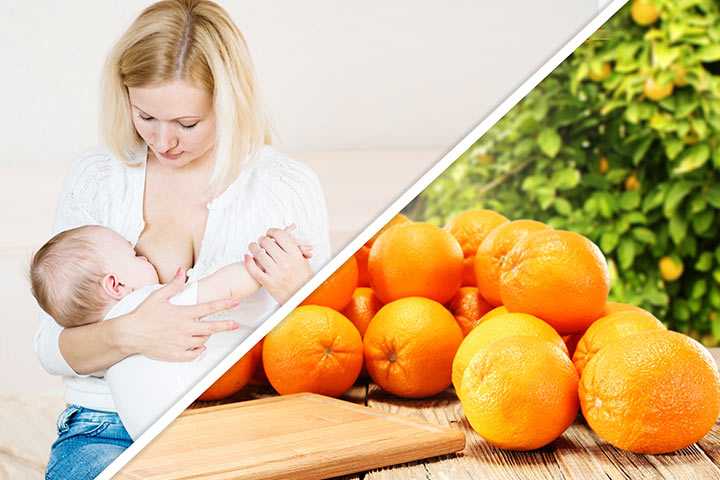 nine0003
nine0003
Back to content
What to do if the child is allergic
If at least one of the parents has allergies, then you will have to follow a certain diet. In this case, the child may have a tendency to diathesis, which can manifest itself already during the first months of life. As a rule, the following products are excluded from the mother's diet :
- cow's milk,
- nuts, coffee,
- cocoa,
- chocolate,
- strawberry,
- raspberry,
- citrus,
- sweets,
- chicken,
- pork,
- fish,
- eggs, etc.
In some cases, this list may be longer or, conversely, shorter. After a while, the products are separately introduced into the diet. At the same time, all precautions are observed and the condition of the baby is monitored. If he develops an allergic reaction, the product should be excluded from food for 1 month, and then try again. Try not to completely give up any products. Experts believe that the gradual introduction of allergens through breast milk allows you to avoid allergies in the future. nine0003
Experts believe that the gradual introduction of allergens through breast milk allows you to avoid allergies in the future. nine0003
Up to content
What should be excluded from the diet of a nursing mother with constipation?
There are a number of foods that should be avoided from a breastfeeding mother's diet . These include
- canned, fatty, smoked and fried foods,
- semi-finished products.
Although, this rule is relevant not only during lactation, but also in the future. In addition, some foods are potential allergens, so you should use them with caution. These include:
- condensed milk,
- chocolate,
- honey,
- processed cheese,
- carbonated drinks,
- red berries,
- citrus,
- hot spices, etc.
The consumption of alcoholic beverages should also be limited. In moderate amounts, they can reduce lactation and inhibit the milk ejection reflex.